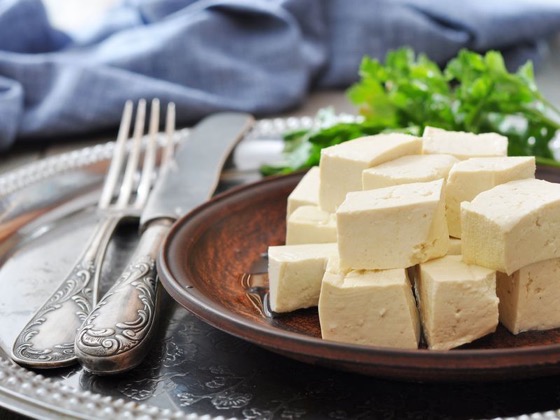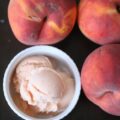It doesn’t matter how old you get, there is always something new to learn. Sometimes these new things are words or concepts you have heard all your life, but perhaps you never understood. Learn Something New is a series that will highlight some of the things I learn, big and small in the coming days. — Douglas
This question came up in a UK game show we like to watch and we found it hard to believe. We immediately headed to Google and found a host of articles on just this topic. Franklin was quite interested in foods of all sorts and introduced or promoted several more “foreign” foods to America.
From Smithsonian Magazine…
When you picture Benjamin Franklin, what do you see? A lovable mad scientist flying a kite in the rain, perhaps, or a shrewd political strategist haggling at the Constitutional Convention in Philadelphia. Maybe you imagine Franklin schmoozing with the French, brokering deals, or hurriedly setting type in the offices of the Pennsylvania Gazette. What you likely do not envision is Franklin the gardening whiz and gourmet, writing excitedly from London on the subject of a mysterious Chinese “cheese” called “tau-fu.”
From Huffington Post…
Between all the juice bars and health food stores today, Ben Franklin would have fit in with the organic, earthy-crunchy crowd. He supposedly introduced tofu and kale to America, two ingredients that have maintained their popularity (kale chip, anyone?). HipCityVeg in Philly serves up a tangy Kale Lemonade, a twist on a Fourth of July staple. But he wasn’t a total health nut. Ever see those tacky T-shirts that say “Beer is proof that God loves us and wants us to be happy”? Well, Ben Franklin actually said that, and boy are we on the same page.
From Benjamin Franklin’s Tercentenary…
The earliest document seen in which an American mentions tofu is a letter written by Benjamin Franklin (who was in London) to John Bartram in Philadelphia, Pennsylvania, on January 11, 1770. He sent Bartram some soybeans (which he called “Chinese caravances”) and with them he sent “Father Navarrete’s account of the universal use of a cheese made of them in China, which so excited my curiosity, that I caused enquiry to be made of Mr. [James] Flint, who lived many years there, in what manner the cheese was made, and I send you his answer. I have since learned that some runnings of salt (I suppose runnet) is put into water, when the meal is in it, to turn it to curds. […] These … are what the Tau-fu is made of.”
Previously on Learn Something New:






